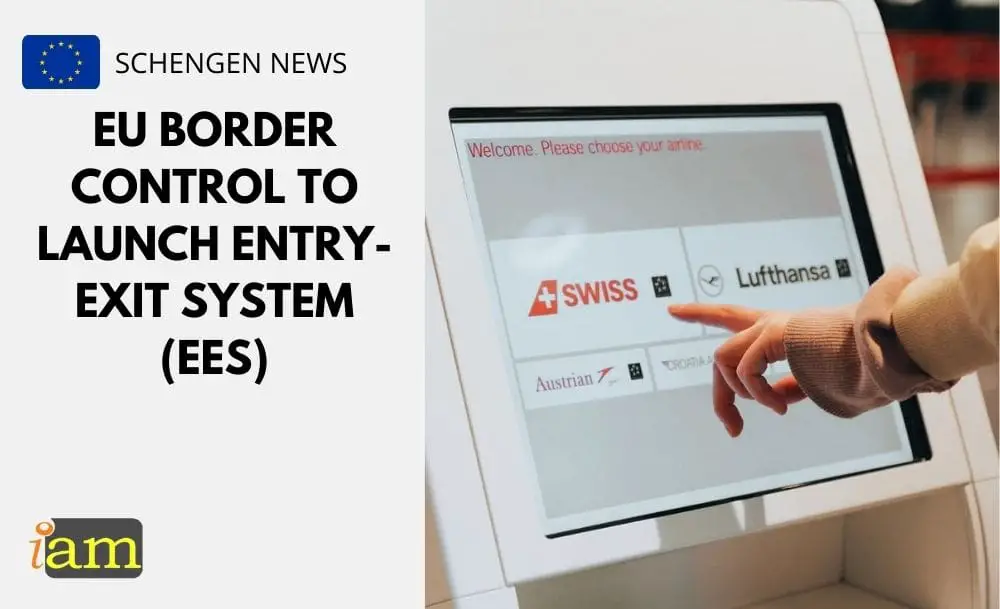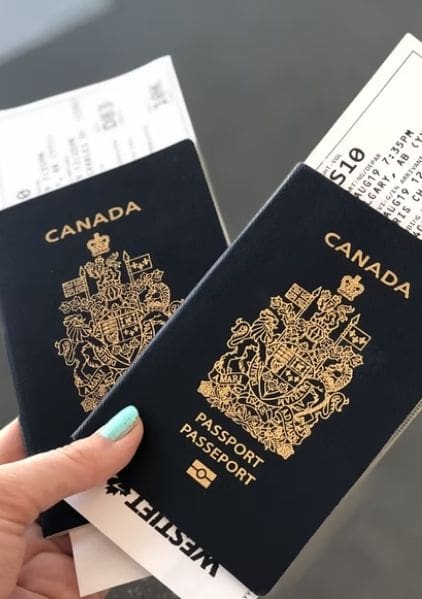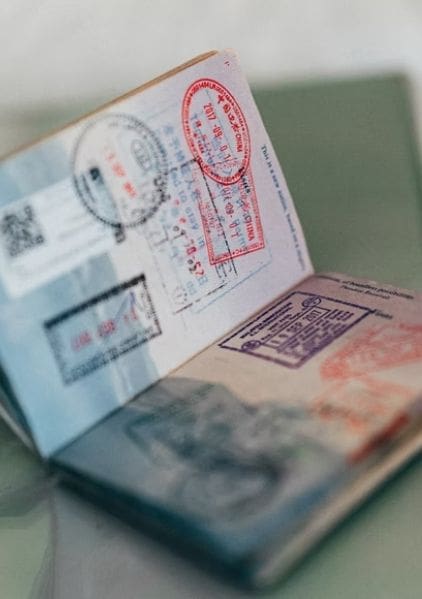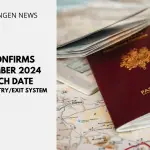EU Border Control to Launch Entry-Exit System (EES)

There are changes coming up for travel in and out of the European Union that third-country nationals such as Americans, British and Canadians need to be aware of.
A new EU system requiring fingerprints and facial imaging is set to be introduced next year. This would mean a slight change to travel in and out of the EU and Schengen zone for many.
The automated ‘European Entry/Exit System’ or EES is likely to require biometric data to be collected for all non-EU arrivals to the ‘Schengen Area’ of free movement between 26 countries, comprising most member states.
This doesn’t change anything in terms of the visas or documents required for travel, or the rights of travellers, but it does change how the EU’s external borders are policed.
It’s essentially a security upgrade, replacing the current system that relies on border guards with stamps with an electronic swipe in/swipe out system that will register more details such as immigration status.
How EES Works

This system is for the EU’s external borders, so doesn’t apply if you are travelling between Spain and France, but would apply if you enter any EU or Schengen zone country from a non-EU country such as travelling from the UK to France or flying into France from the US.
Instead of border guards checking passports and stamping where applicable, there will be an electronic screening of some passports at the border. The new system will verify the details of non-EU citizens entering and exiting the Schengen area, including name and passport details, entry and exit dates, a photograph and fingerprints, and will replace the need for a passport stamp.
It is essentially an electronic passport check.
Many airports of course already have biometric passport scanners but they’re only checking that your passport is valid and the photo matches your face.
The EES system also calculates how long you can stay within the EU, based on your rights of residency or your 90-day allowance, and also checks whether your passport has ever been flagged for immigration offences such as overstaying a visa.
Travellers Affected by the New EU System
All non-EU nationals or residents who are entering the EU as a visitor will need to go through the system. Passports will be scanned and the system will tell you how long you can stay based on the 90-day allowance or the visa linked to the passport.
Non-EU nationals who live in an EU member state and have a national residency card such as a carte de séjour in France or a TIE in Spain are not affected by this, since they have the right to unlimited stays within their country of residence.
British nationals covered by the Withdrawal Agreement should have their EU residency documents in order before the launch of the EES.
The system was initially due to be introduced in the first half of next year but it is understood that it may not be implemented until after summer 2022 due to project delays.
What Will Change
Apart from a more upgraded process at the border, there are likely to be two main effects of the new system.
For non-EU nationals who have residency in an EU country, it could mean the end of the rather inconsistent process of passport stamping, which has been a particular issue for British nationals since Brexit with incorrect stamps in their passports.
For visitors to the EU, this tightens up the application of the 90-day rule. It doesn’t change the rule itself but means that anyone attempting to over-stay or ‘play’ the system will instantly be spotted.

EES will contribute to prevent irregular migration and help protect the security of European citizens. The new system will also help bona fide third-country nationals to travel more easily while also identifying more efficiently over-stayers as well as cases of document and identity fraud.
In addition to this, the system will enable a wider use of automated border control checks and self-service systems, which are quicker and more comfortable for the traveller.
A statement from the European Commission
For British nationals who are not used to long lines when travelling to the EU, they are warned that they will start facing long queues at the EU borders due to the new system especially when using the ferry ports and the Channel Tunnel.
Do you need to renew your passport? Talk to us in the comment section below. Or if you need more advice on the above, contact us for further travel & immigration advice.
Check out the deals we have found below and tell us your travel plans.
Check out the offers and discounts from:
And because of the pandemic, don’t forget to get your travel insurance, which will cover you for flight disruptions and pandemic related matters.
IaM can help with your visa application to Europe, the United States, the UK & other countries
If you need help with a US visa, a UK Visa, or a visa to Europe, including help with appointment booking obligations, IaM can help. For more information and advice on US immigration, UK immigration law and US visa applications or if you need any help or assistance please, reach out to your Visa Coordinator at IaM.
Some of our posts include affiliate links. If you choose to purchase any of these products, we might get a small commission. For more information, check out our TOS.
- UK Fiancé Visa Made Simple: Requirements, Process & Tips - 5 May 2025
- New Travel Rules for UK Drivers Heading Abroad - 4 May 2025
- Liverpool Adds Tourist Fee in 2025 - 3 May 2025









